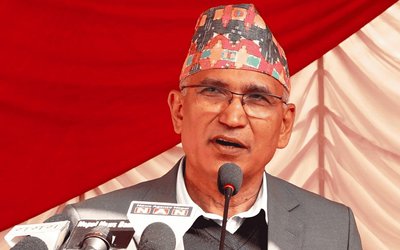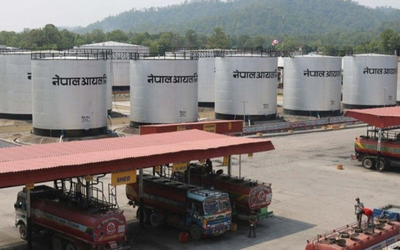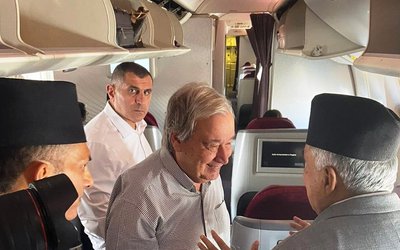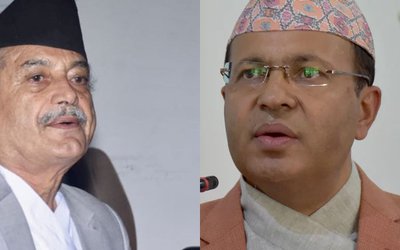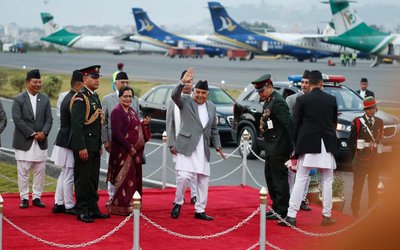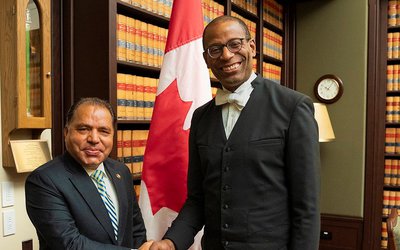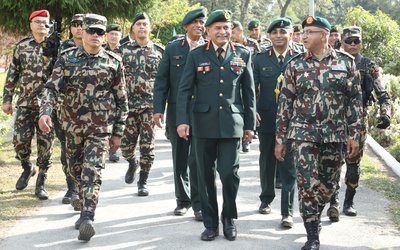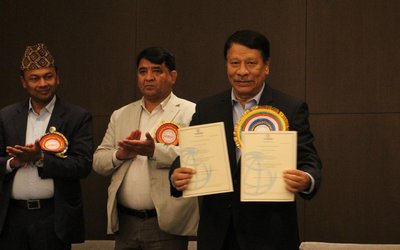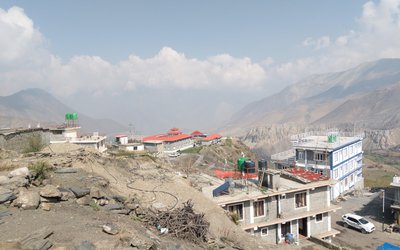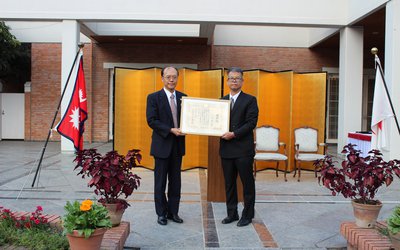From remote rural parts of Nepal to urban areas, International Non-Governmental Organizations have been working to fulfil the need of marginalized poor people by supporting various programs in health, water, sanitation, and nutrition as well as awareness campaign.
According to an estimate of the Association of Non-Governmental Organizations (AIN), INGOs have been bringing more than 10 billion rupees in Nepal. Even Nepal Rastra Bank acknowledges the contribution made by INGOs in its recent economic update.
Despite such contributions, INGOs rarely get the due response for their contribution in Nepal. Although the government agreed to clear the projects related to development and humanitarian areas submitted by INGOs, it is yet to implement them in reality.
The Project Appraisal and Facilitation Committee has started to work, but its work is slow and there continues to be numerous bureaucratic hurdles. INGOs see the facilitation committee is a misnomer. Instead of facilitating the work of INGOs, it has proved to be a controlling mechanism.
The consequences of the delay are extremely serious, particularly on human lives, and they are directly affecting the most vulnerable groups in Nepal namely women, children, and persons with disabilities and marginalized communities.
At a time when the INGOs have been facing hurdles, the recent letter by the Department of Labor has created havocs. The foreigners, who are working in Nepal, get the permission from the Ministry of Home following the approval given by the Social Welfare Council, and the Department of Labor directly knocks the door of INGOs.
As the country has been passing through a very fragile situation with political instability, the Department of Labor has sent follow-up letters, one after another to INGOs. There clearly is a lack of coordination among the government agencies.
Although local bodies are given the rights to monitor the activities of various NGOs and INGOs in their own areas for a long time, the District Development Committees are now asking INGOs to submit their annual programs to them.
As most of the INGOs have been working in several districts, this provision will create more hurdles to the INGOs.
The government has committed itself on numerous occasions to provide full access for development and humanitarian personnel to all people in need of assistance to make available all necessary facilities for their operations and to promote the freedom of movement of such personnel.
If the government continues to create hurdles, more INGOs will find it more difficult to work. At a time when development aid is gradually declining due to economic recession, INGOs - which have been bringing money to serve the poor people, need to be encouraged.
- PM Oli's Visit To China: Geopolitical Implications
- Nov 19, 2024
- NEA: Kul Man Ghising, A Cool Man
- Oct 28, 2024
- DASHAIN FESTIVAL : Festival of Unity
- Oct 04, 2024
- NEPAL-CANADA Bilateral Meeting
- Oct 04, 2024
- MIDDLE BHOTEKOSHI: Final Stage
- Sep 23, 2024

